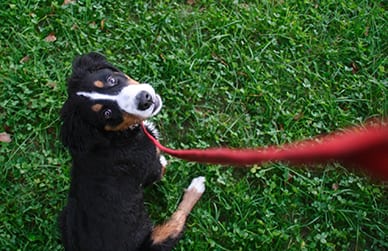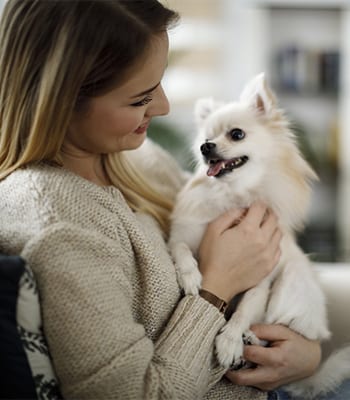
Why Spay and Neuter?
If you have chosen not to breed your pet, spaying or neutering can provide them with long-term health benefits. This includes helping your pet avoid certain behavioral issues such as roaming, aggression, and urine marking. Additionally, spaying and neutering help reduce the number of unwanted pets. Sadly, in animal shelters throughout North America, over a million dogs and cats are euthanized each year. We hope to prevent needless euthanasia and make it easier for shelter animals to find loving homes.
How Spaying/Neutering Can Improve Your Pet’s Life
- Studies show that spaying a female dog or cat prior to their first heat cycle will greatly reduce their risk of developing mammary cancer later in life. They will also be protected from uterine infections (pyometra) and dangerous pregnancies.
- By preventing unruly behaviors caused by hormones, we can improve our relationships with our pets, allowing for a more peaceful, loving bond.
- Neutered male dogs and cats are less likely to develop disease of the prostate gland and are no longer at risk for testicular cancer or infection.

What is the Right Age to Spay and Neuter?
Spaying and neutering are usually done at around six months of age, but in some cases, earlier or later times are recommended.

Helping Your Pet Stay Comfortable After Surgery
Pain can interfere with your pet’s recovery, making it difficult for them to bounce back and resume normal activity. Our hospital offers various types of pain control to increase your pet’s comfort:
- Pre-operative and perioperative (during surgery) pain medication
- The use of our surgical laser to perform the spay/neuter, which minimizes bleeding, swelling, and pain and reduces the risk of infection
- Post-operative laser therapy to further reduce swelling and pain
- Take-home oral medication to manage any lingering discomfort
When an incision heals, it can feel itchy. If your pet has trouble leaving the area alone, they might slow the healing process and even break a few stitches. To prevent this, we can offer an e-collar or suggest other options for keeping the area protected. Call (734) 464-6281 if you need help caring for your pet while they recover from surgery.

